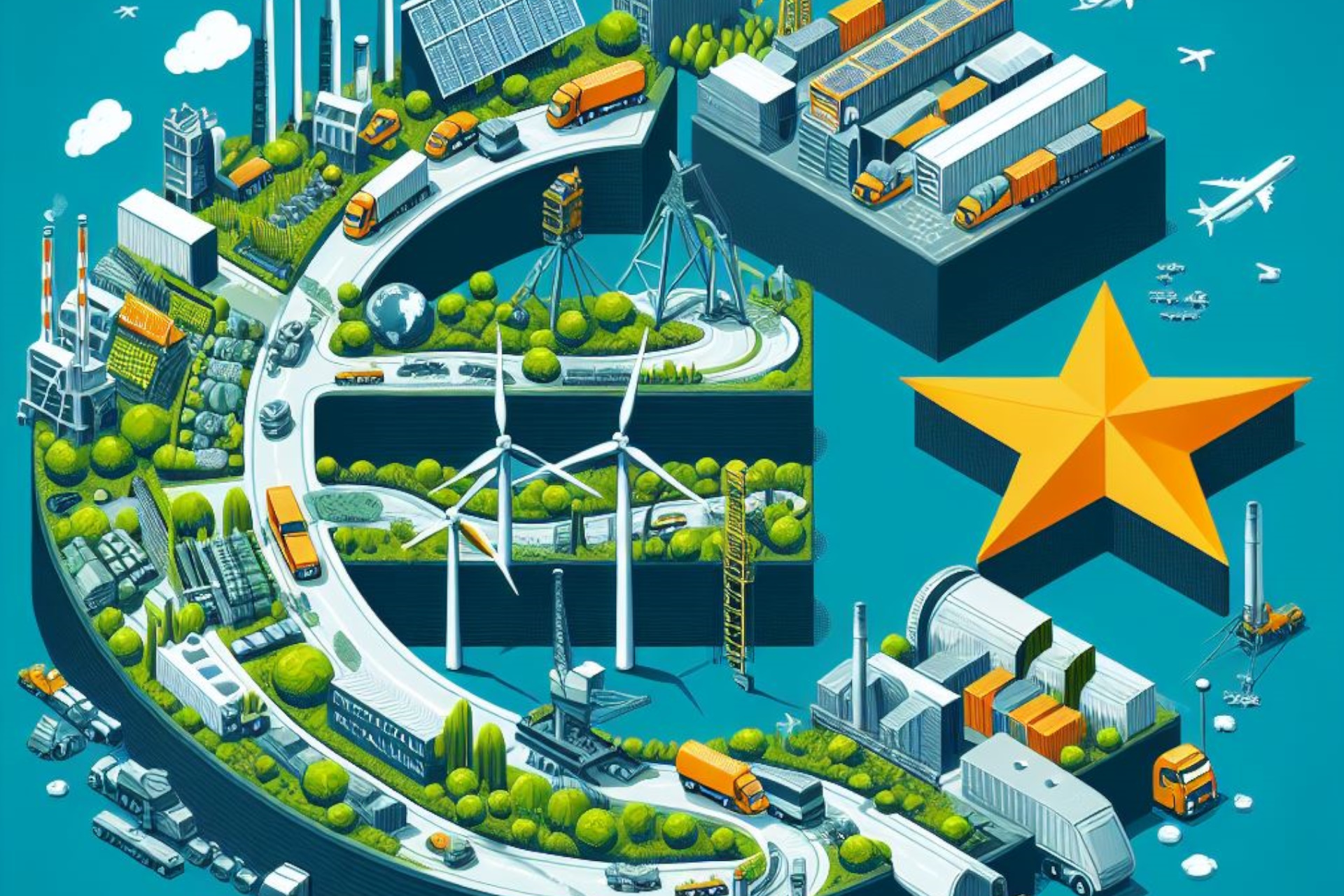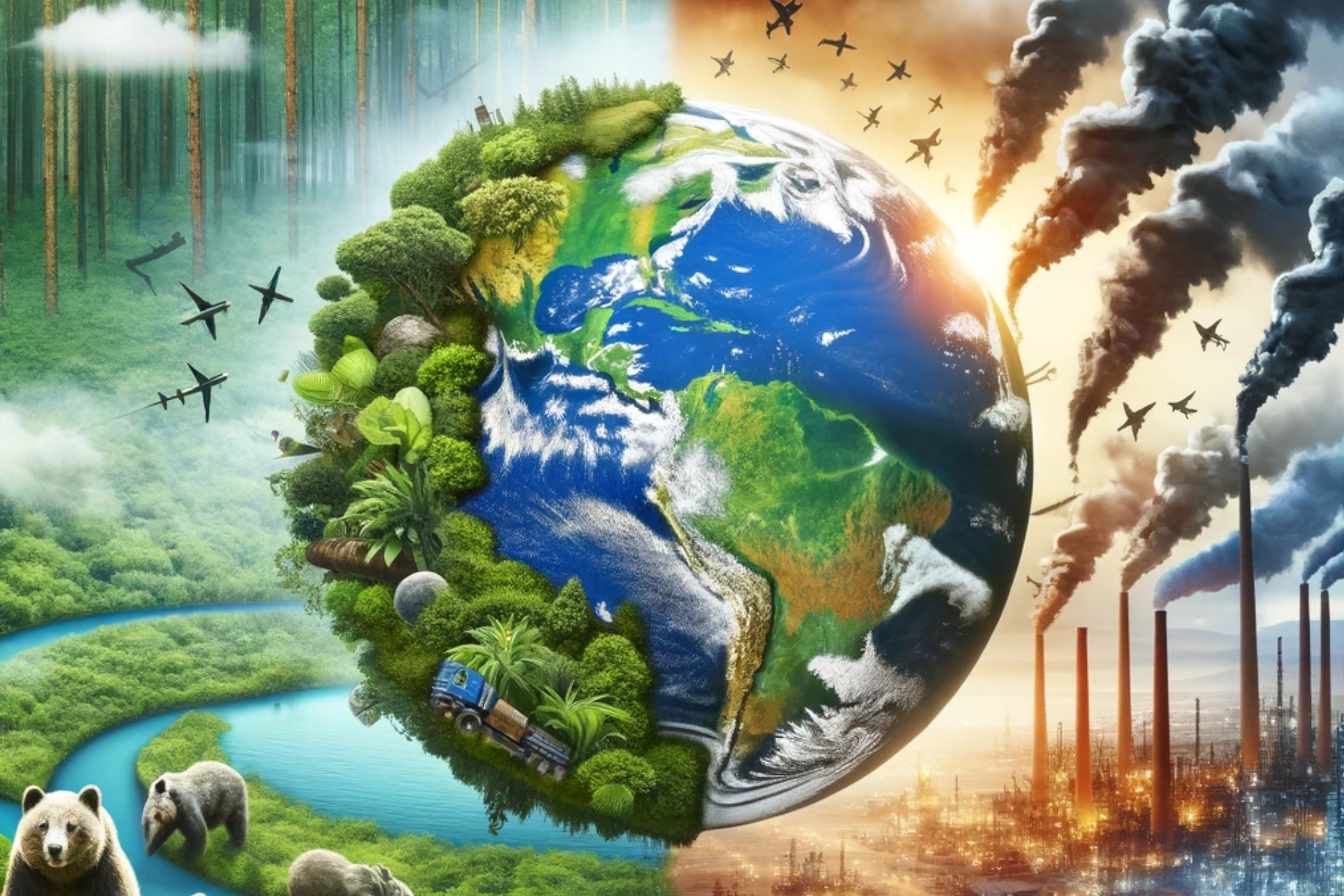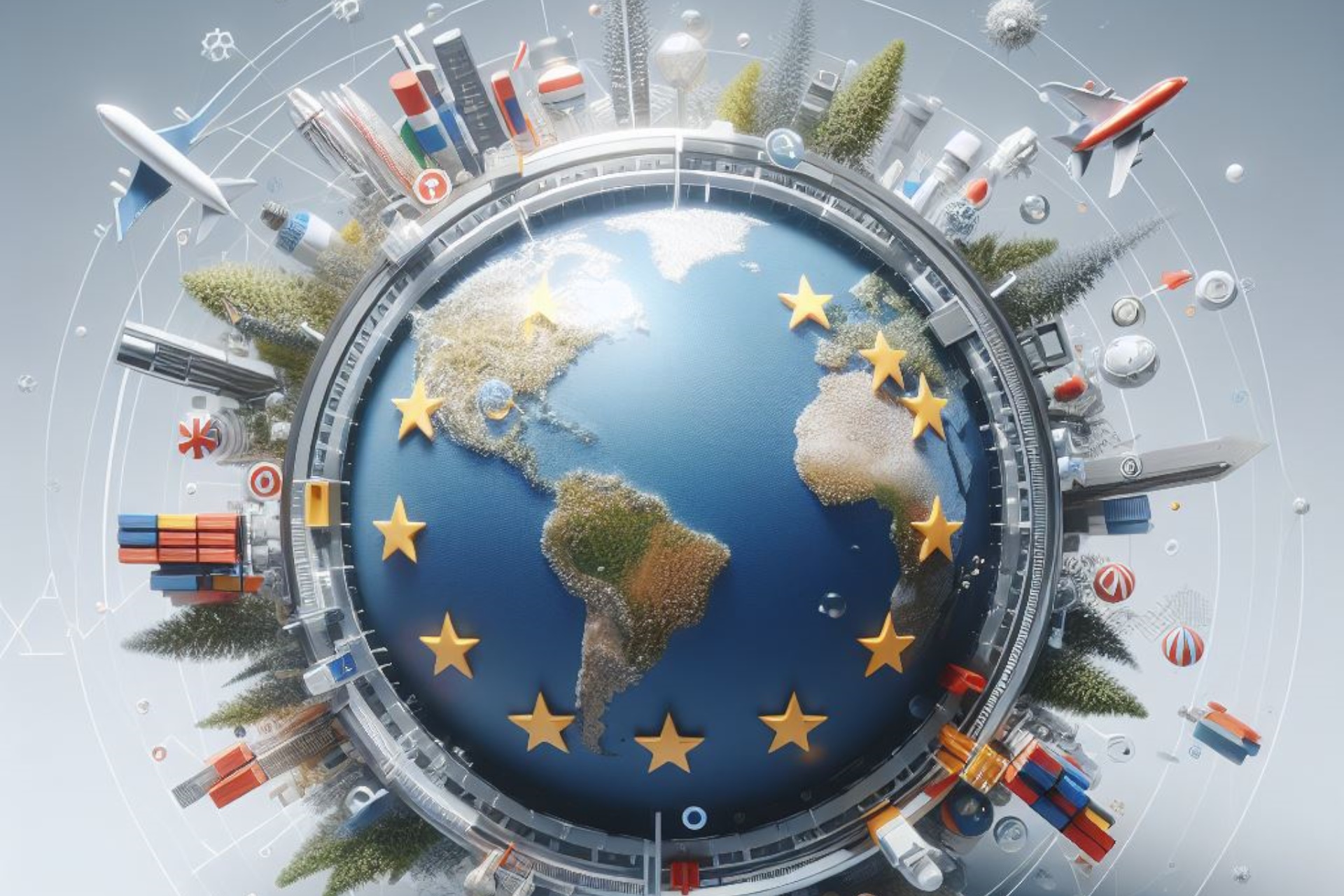Harnessing the power of international trade is crucial for effective climate action and sustainable development. Through clean technology transfer, sustainable supply chains, green growth, international collaboration, and unlocking financial resources, international trade becomes a force for positive change in addressing climate challenges. Rather than hindering environmental efforts, free trade and international commerce provide the platform for innovation, collaboration, and the sharing of best practices to build a greener, more sustainable future. Let us embrace the potential of international trade to drive climate action and work together to create a thriving, sustainable planet for generations to come.
Facilitating Clean Technology Transfer
International trade enables the transfer of clean technologies across borders, promoting their adoption on a global scale. Free trade agreements and international cooperation foster the exchange of knowledge and expertise, allowing countries to benefit from the advancements made by others. By facilitating the transfer of clean technologies, international trade accelerates the transition to low-carbon solutions and supports sustainable development. This transfer of knowledge and technology empowers nations to address climate challenges and reduce their carbon footprints.
Driving Sustainable Supply Chains
International trade encourages the development of sustainable supply chains by incentivizing responsible environmental practices. As businesses engage in global trade, they face increasing demands from consumers and stakeholders for environmentally conscious products and services. To meet these demands, businesses are compelled to adopt sustainable practices throughout their supply chains. This includes reducing greenhouse gas emissions, minimizing waste, promoting renewable energy sources, and adopting circular economy principles. Through international trade, sustainability becomes a competitive advantage, creating a positive feedback loop that drives progress in climate action.
Promoting Green Growth and Job Creation
International trade fosters green growth and job creation by promoting renewable energy, energy efficiency, and other climate-friendly industries. As countries specialize in producing clean technologies and sustainable goods, international trade becomes a catalyst for economic development. The expansion of green industries and renewable energy sectors creates new employment opportunities, stimulates innovation, and drives economic growth. By embracing international trade, countries can position themselves at the forefront of the green economy, fostering prosperity while addressing climate challenges.
Encouraging International Collaboration and Commitment
International trade fosters collaboration and commitment among nations to address climate change collectively. Through trade agreements and international forums, countries can align their environmental objectives, share best practices, and establish common standards. This collaboration strengthens international climate governance and promotes a unified approach to combatting climate change. International trade serves as a platform for fostering cooperation, knowledge exchange, and joint efforts to transition to a low-carbon future.
Unlocking Financial Resources for Climate Action
International trade unlocks financial resources for climate action by attracting investments in renewable energy and sustainable infrastructure projects. As countries engage in global trade, they attract foreign direct investment and access international capital markets. These financial resources can be channeled toward climate-friendly initiatives, such as renewable energy generation, energy-efficient infrastructure, and climate adaptation projects. By leveraging international trade, countries can mobilize the necessary funding to accelerate their climate mitigation and adaptation efforts.
Read more views

















































































